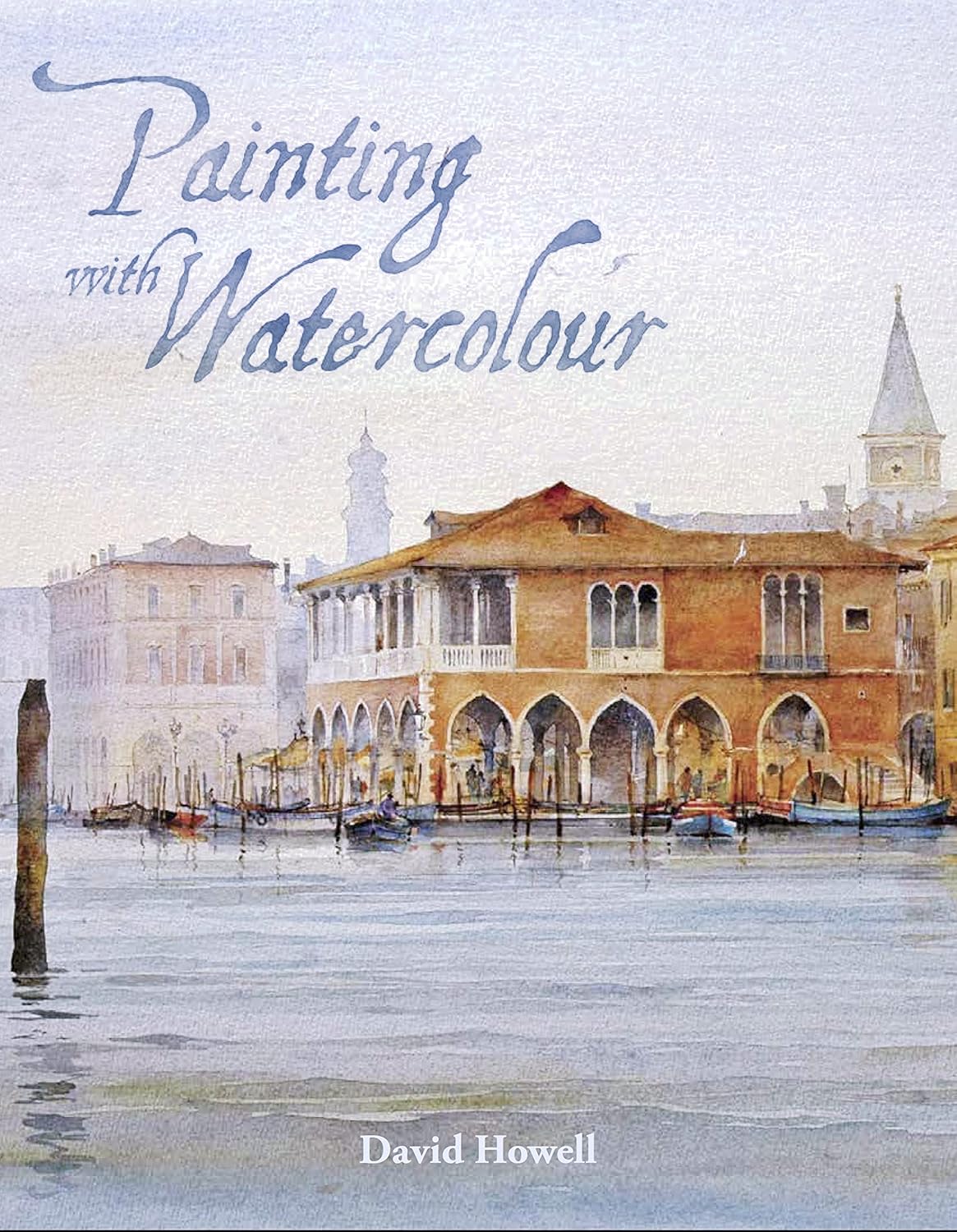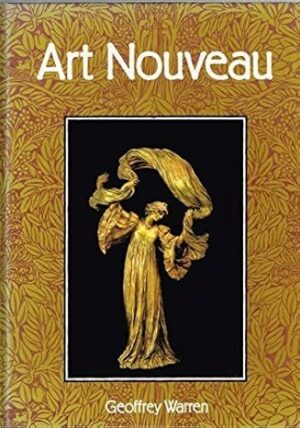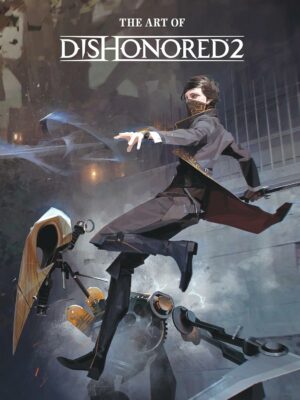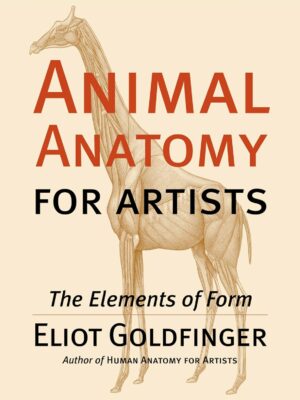Watercolours are the first choice for many painters, but few master the full potential of the medium. This book encourages you to be bold and colourful. Written by an internationally respected artist and teacher, it offers practical ways of working with watercolours, and shares ideas and thoughts that can make your painting methods more exciting and adventurous. With over 180 illustrations, it is a beautiful book that will be invaluable for both new and experienced painters alike. A guide to materials and equipment – all you really need
Read more
71 reviews for Painting with Watercolour
Add a review

Original price was: $35.95.$19.58Current price is: $19.58.








AnnieRoo –
at least I can open this book and enjoy them! But this book also has much more basic information about technique than I expected.
Suman Ray –
This is an outstanding book for serious watercolor practitioners. The author brings in a excellent flavor and style of his own which creates a sense of calm, tranquility and peace.
Shirley R. –
This book has a lot of information for beginning and experienced painters.
Paul H –
Dang! I love this book!! Have read it cover to cover, taking notes. Love the artist.
Detlef70 –
Fantastico
Amazon Kunde –
Sehr gut aufgebaut und Informativ. Das einzige was mich stört ist das bei den Bildern eine Größenangabe fehlt. Es wäre hilfreich zu wissen wie groß die Bilder im Original sind.
Grandma Wendy –
Really enjoyed reading this book. Not only are the paintings beautiful but it was written in a wonderful chatty style with smatterings of humor so it felt like sitting talking with Mr. Howell rather than reading an instruction manual.
waynuf –
David Howell is now one of my favorite watercolor artists. His book Painting with Watercolor is filled with his lovely, lovely paintings. And there IS alot of information. But as with other books, about midway, I sometimes get this sinking feeling that the author is not telling all on how he/she paints. I got that feeling with this book. That said, very possibly, another read through, and another, will no doubt give me more aha! moments. If not, the many paintings within the covers are inspirational–and instructional–themselves.
Client d’Amazon –
Vendeur sérieux. J’ai bien reçu mon livre (Occasion en très bon état malgré une petite décoloration du bord haut de la couverture du livre). C’est pour cela que j’ai mis 5 étoiles et que toutes les pages sont impeccables.
Cliente Amazon –
Wonderful book! Useful for people who beginning 👍
Jeri V –
English watercolorists are a special group, especially ones of a “mature” age. This is a treasure from an excellent artist. It has wonderful tips and just good practical advice for painting “more with less”. I have many watercolor books and this one is a real joy to read. It may not be for the absolute beginner, although he does explain basic methods and materials.
B. Johnson –
This book covers all the areas of Watercolor development with many examples. Excellent explanations in the process of developing a painting from start to finish.
Jeff Walmsley –
The illustrations of this hugely successful artist’s work are alone worth every penny you may pay for his book; which is just as well, because although the text contains a great deal of helpful advice, it is marred by an attitude which does the author no credit – although he’s no worse than many of his fellow professional artist-authors in this respect, and better than some.
Others have commented favourably already, so I’m just going to confine my comments to those aspects which made me cross. I hope he will forgive me for using the occasion of buying HIS very nice book to say something I’ve been itching to say for a long time.
Painting from photographs has been one of the most controversial art issues of the past century – ever since photography appeared, in fact – and although in recent decades attitudes against it have softened significantly, there remains a core of opposition – entirely based on false assumptions, unsound logic, ignorance about photography and an unwarranted degree of prejudice.
The author, to his credit, is at least prepared to countenance the use of photographs, even admitting to doing so himself “occasionally” – hastily adding that he still converts them into sketches and then discards them. But his acceptance comes across as a very grudging, “Well, if you must” attitude – and his text is larded with awful warnings about its dangers and disadvantages, and the poor work that he seems to feel is bound to result from the rest of us.
He says, “cameras don’t necessarily get it right”; which is exactly like saying, “the paint brush doesn’t get it right”; it’s the person using them who doesn’t get it right. He recently declared that real skies are “invariably more interesting” than those in photographs, a sweeping generalisation which is totally untrue. He also complains about underexposed darks, overexposed highlights and distorted perspective; these, and other photographic failings he scorns, are entirely the consequence of not knowing how to use a camera properly.
Secondly, authors seeking to instruct need to remember that art is an invaluable, life-enhancing therapy for huge numbers of the elderly, infirm, disabled, and other groups lacking the opportunity to escape the confines of an urban residence – including those in full-time employment (even more so whilst raising a family), whose opportunities to paint are confined to snatched moments at home at evenings and weekends – and weekend evenings at that. If these groups want to paint landscapes like those the author illustrates, photographs are their only source of subject matter.
It is quite possible that these groups together make up the majority of an artist-author’s buying public. It is therefore a little cruel to offer them so much discouragement by implying that their efforts are doomed to inevitable failure or, at best, destined never to fully succeed.
Because if the author painted entirely from photographs, he would still succeed brilliantly; if he didn’t it would indicate some serious and wholly unexpected deficiencies in his skills. Whereas in fact it is impossible to tell which of his oeuvre started out as a photo in his studio and which from a seat by the Grand Canal. So, rather than implying to disadvantaged amateurs and other would-be artists that their chosen, and perhaps only possible method of working dooms them to failure and dissatisfaction, he should instead be using the vast knowledge and skill he has gained to give them positive encouragement in this practice, and teach them how to succeed at it as well as he clearly does.
And I can’t resist remarking that although he’s still a few years off my vast age, he’s rapidly getting closer – and it may not be long before he too is forced to adopt his maligned approach more than just occasionally…
Finally, on a note of more positive encouragement, a further regret is that so many of his often large works are shown in this book only a few inches across. Many of us who would find his £1,000 originals out of reach – despite undoubtedly being a bargain – would, I’m pretty certain, pay £30 for a volume of full-page reproductions in a decent size. Well, I would.